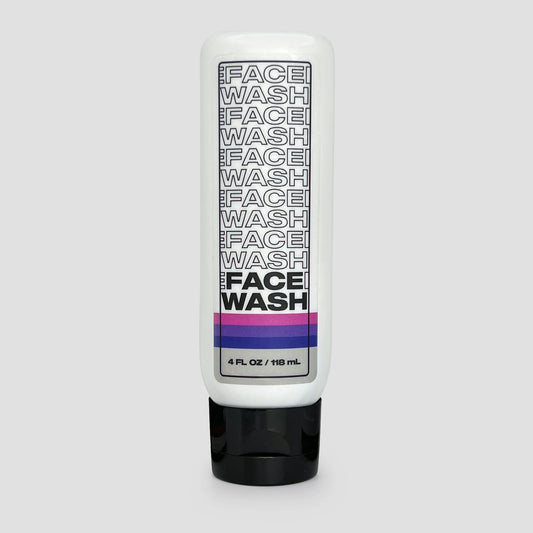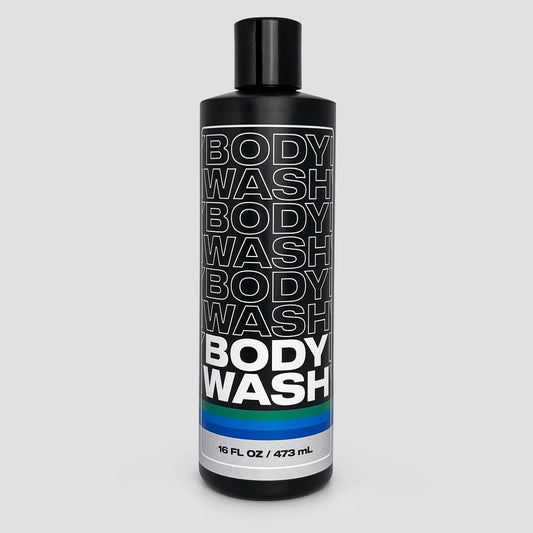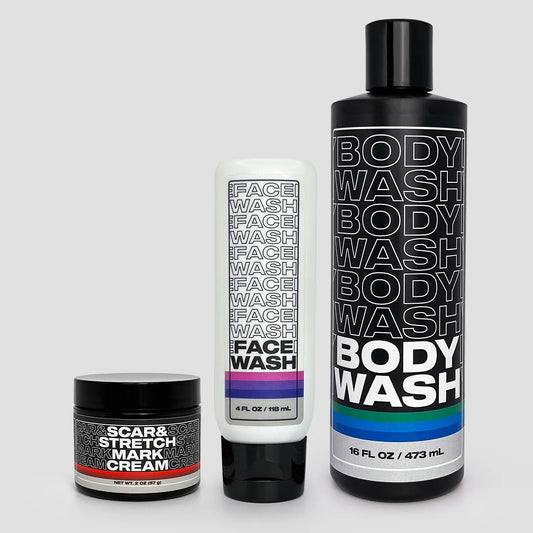

Fueling your body for a workout is vital for performance, and yet, it's a topic shrouded in a deluge of information. Today, we make it simple.
The eternal debate of Preworkout Powder vs Milk Protein invariably creates a great deal of confusion. So let's resolve it right here, right now.
If you're interested in enhancing athletic performance, improving your physique or just achieving a healthier lifestyle, this guide will be your beacon. We will delve into the integral aspects of these nutritional additions, their benefits, and how they affect your body during intense workouts.
In the upcoming sections, we'll take a comprehensive look at preworkout powder and milk proteins, discussing their differences and which one will suit your fitness regimen the best. Before the heaviness of scientific jargon gets the better of you, fear not! We are here to make it an enriching and easy learning experience.
What is preworkout powder and how does it work?
Preworkout powders are dietary supplements designed to amplify your workout. They usually contain a mix of amino acids, sugar, caffeine and creatine. The benefits range from increased energy and endurance to enhanced metabolic rate and focus. Caffeine works on stimulating your nervous system, enhancing your perceived energy levels. Amino acids like L-arginine boost nitric oxide production in your body, increasing blood flow to the muscles during your workout.
How does milk protein contribute to a workout?
Milk protein is a great source of both casein and whey proteins. Having a glass of milk post-workout provides your body with essential amino acids needed for protein synthesis. Yes, the building and repairing of those muscles you've been working on. The whey protein in milk gets absorbed rapidly, providing a quick protein fix, while the casein, due to its slow digestive property, provides a sustained release of amino acids.
Making The Right Choice: Preworkout Powder vs Milk Protein
We understand how critical getting optimal nutrition is for an active, fit lifestyle. Therefore, presented here is a step-by-step guide to choosing between a preworkout powder and milk protein for your workout regime.
1. Understand Your Body
Firstly, it is critical to be aware of your body's need. Depending on the intensity and duration of your workout, your protein and energy requirement would vary. It is always recommended to connect with a fitness expert or nutritionist to analyze your current dietary intake and workout schedule for personalized advice.
2. Identify Your Goals
Are you aiming for muscle building? Or is it about enhancing endurance? Your fitness goals will help shape your dietary choices. While both preworkout powders and milk protein can provide benefits, your specific goals might make one a better choice over the other.
Are there any side effects of consuming preworkout powders?
While preworkout powders help boost your energy levels, overconsumption could lead to energy crashes, sleeplessness, or dependency due to the high caffeine content. Always stick to the recommended dosage and, if possible, choose powders with natural ingredients.
Is consuming milk protein good for everyone?
Generally, milk protein is beneficial for most people unless you're lactose intolerant or allergic to milk. In such cases, alternatives like plant-based proteins could be a more suitable choice.
Unlock Your Potential With Right Fueling
Nutrition plays a crucial role in how effectively you can execute your workout and push your limits. Understanding what goes in preworkout powders and how milk protein contributes to your body's needs can significantly help mould your workout and recovery strategy.
Recap: Key Takeaways
- Preworkout powders primarily work on boosting your energy and endurance.
- Milk protein provides a blend of whey and casein, contributing to muscle recovery and growth.
- Understanding your body and your fitness goals are key to making the right choice.
- While there are common benefits, there could be side effects if you don't use them wisely.
Remember, when it comes to workouts, what works for one might not work for another. It is all about personalizing and finding out what suits you best. Make a wise choice today and let tomorrow be your best performance!










